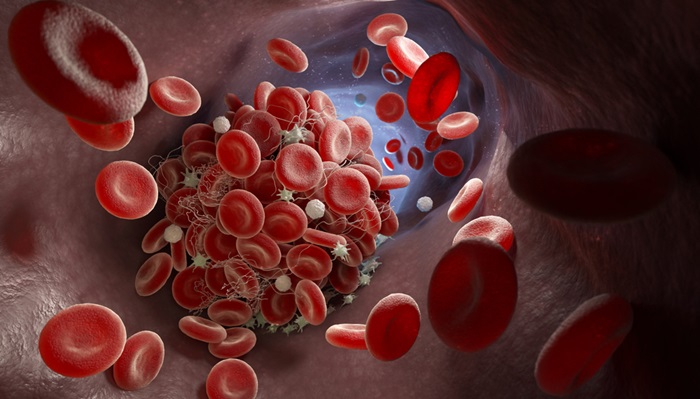Blood Platelet Score Detects Previously Unmeasured Risk of Heart Attack and Stroke
Posted on 22 Aug 2024
Platelets, which are cell fragments circulating in the blood, play a critical role in clot formation to stop bleeding. However, in some individuals, platelets can become "hyperreactive," leading to excessive clotting and causing heart attacks, strokes, and peripheral artery disease, affecting millions worldwide. Until now, assessing platelet reactivity in patients has been challenging due to inconsistencies in the conventional test, platelet aggregometry, which often shows varied results across different laboratories. To overcome this issue, researchers have now accurately identified patients with hyperreactive platelets and conducted a study revealing significant genetic variations among those with hyperreactive platelets compared to others. Using bioinformatics, they developed a new metric called the Platelet Reactivity ExpresSion Score (PRESS), which effectively identifies those at risk of heart attacks and spots those who might not yet know their risk.
Researchers at NYU Grossman School of Medicine (New York, NY, USA) designed PRESS by switching to a low-dose epinephrine aggregometry technique, which is more indicative of hyperreactivity than previous high-dose tests. This method determined hyperreactive platelets based on their reaction to a minimal stimulus. To move beyond the confines of specialized laboratory techniques, the team developed PRESS as a standardizable, genetic-based score to predict cardiovascular risk. This tool was designed to be broadly applicable, avoiding the variability of direct platelet testing.

The researchers validated the clinical relevance of PRESS in a study tracking major adverse cardiovascular events in patients undergoing procedures to clear blocked arteries. Upon comparing PRESS to traditional aggregometry results and examining its diagnostic ability in various patient populations, they found that higher PRESS scores correlated with increased cardiovascular events. The findings, published online on August 20 in Nature Communications, found that those identified as having hyperreactive platelets faced a significantly higher risk of serious cardiovascular events shortly after surgery, providing a new tool for early identification and management of patients at risk due to platelet hyperreactivity.
"Our results demonstrate that our new platelet-centric scoring system can, for the first time and across populations, circumvent aggregometry to reliably predict platelet hyperreactivity and the related risk of cardiovascular events," said corresponding study author Jeffrey Berger, MD, director of the Center for the Prevention of Cardiovascular Disease at NYU Grossman School of Medicine.
"In current practice, anti-platelet therapy is not routinely recommended for the prevention of a first heart attack or stroke, but a platelet-based test would help to identify patients at highest risk, and those who would benefit most from anti-platelet therapy to prevent a cardiovascular event," added study author Tessa Barrett, PhD, assistant professor in the departments of Medicine and Pathology at NYU Langone. "Our score has the potential to further personalize cardiovascular disease risk prevention."
Related Links:
NYU Grossman School of Medicine














